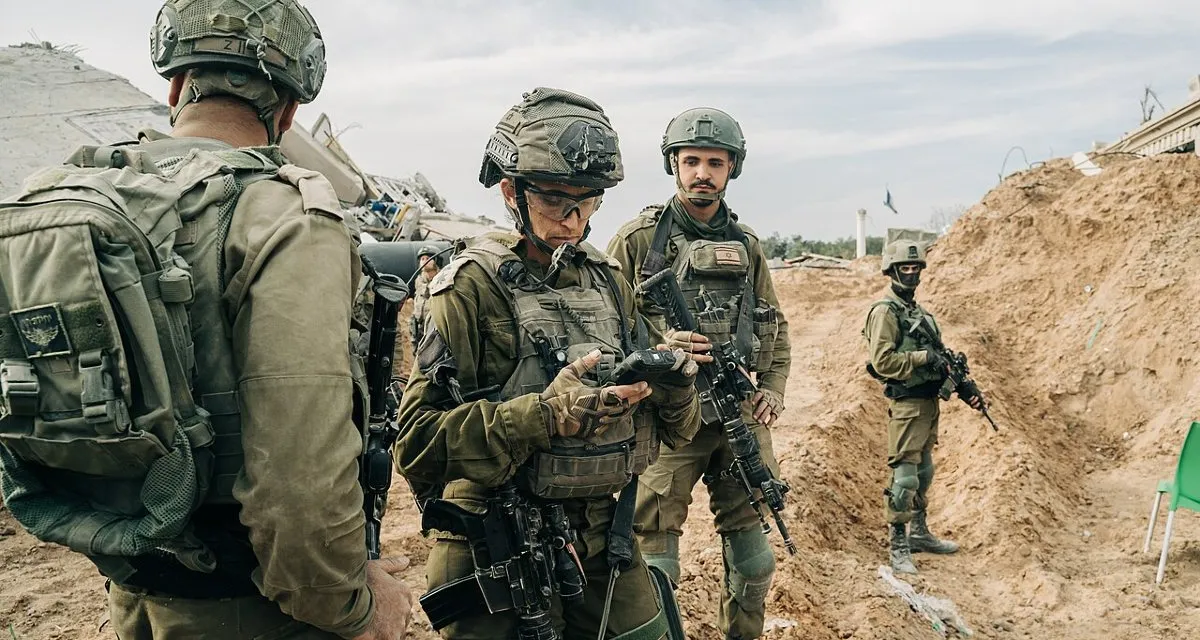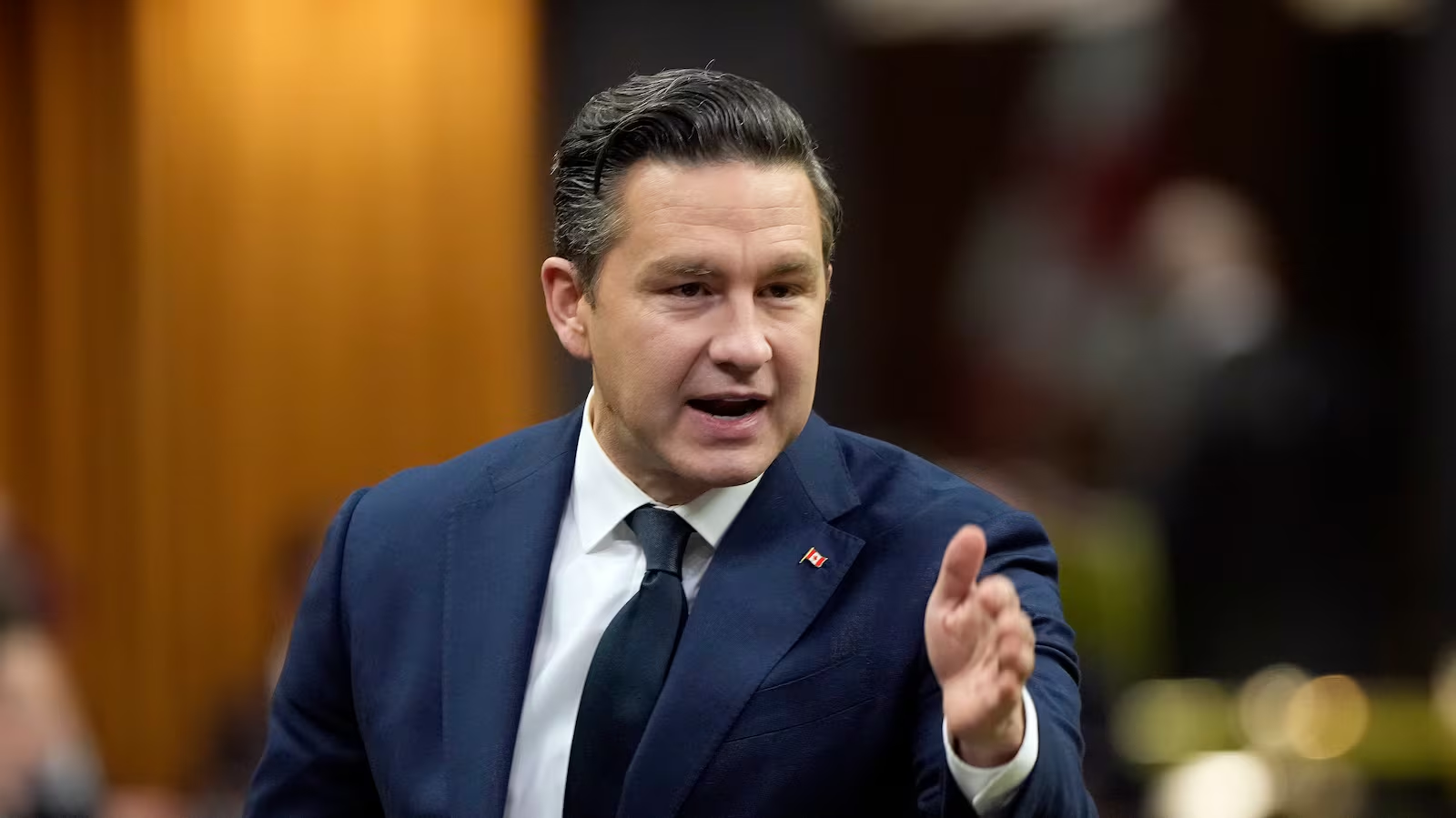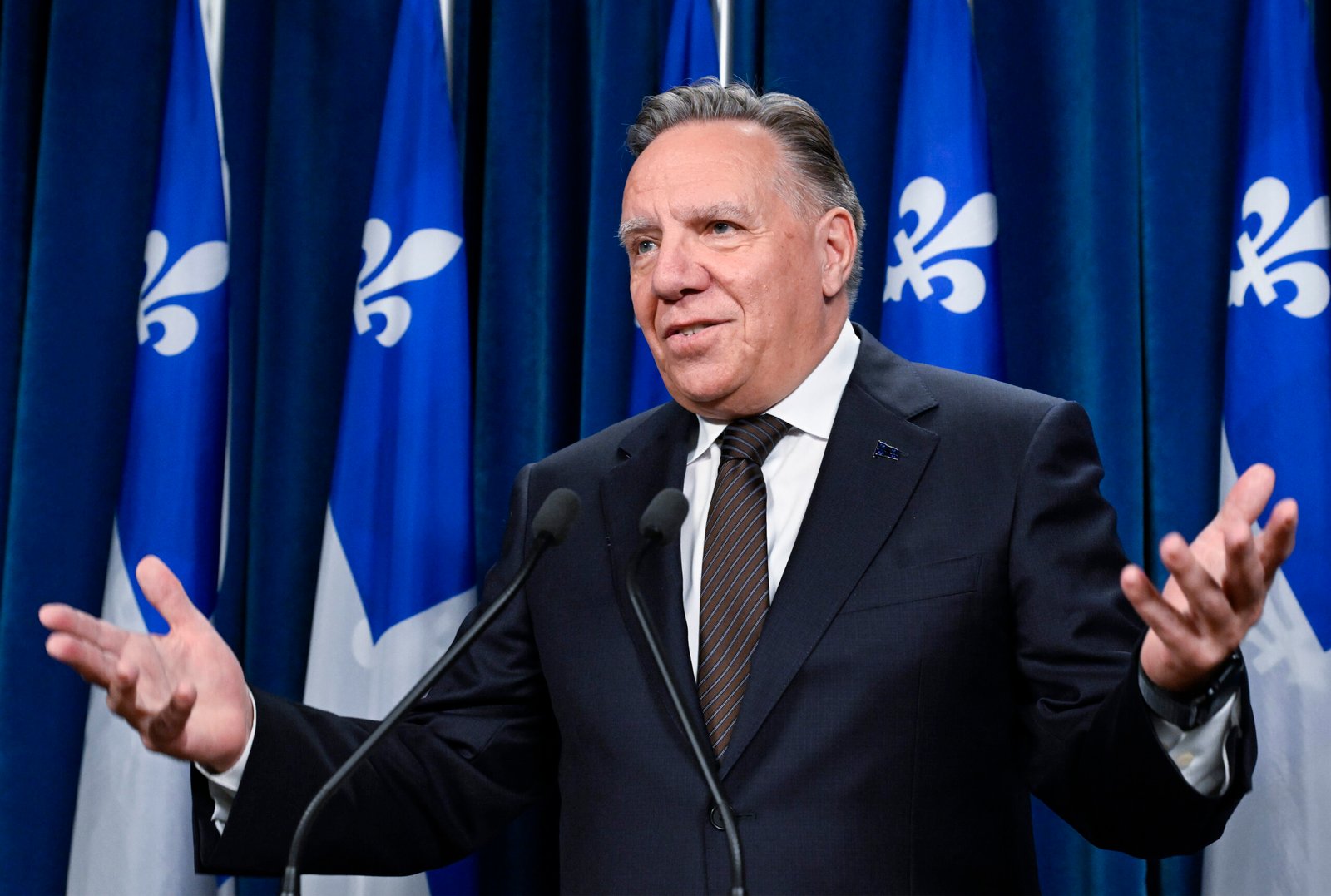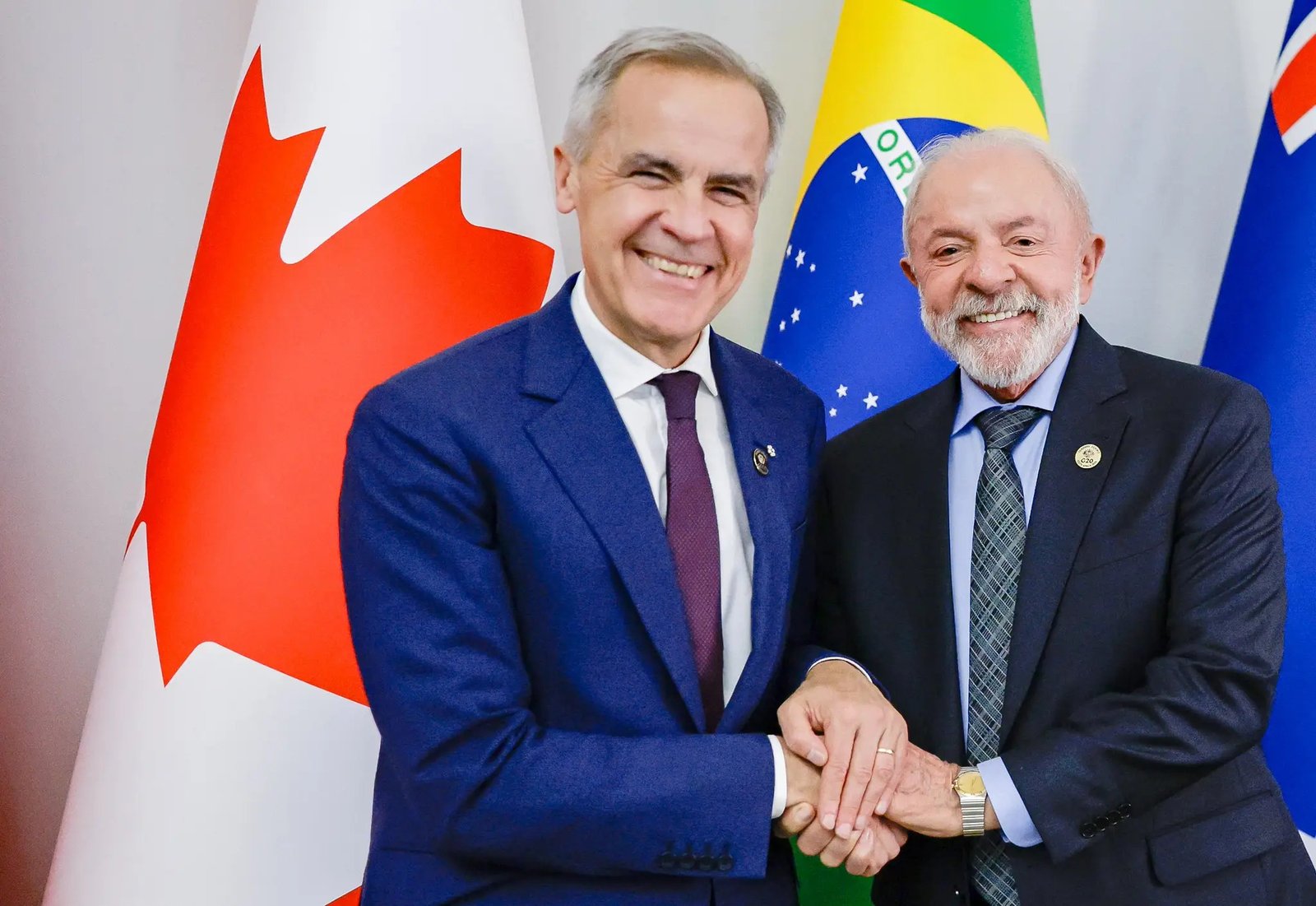The decision marks a turning point in negotiations and could influence broader regional stability.
Details of Israel’s Announcement
Israeli Prime Minister Benjamin Netanyahu stated that Israel retains full authority to determine which international forces may operate in Gaza under any cease-fire agreement.
The statement followed discussions on a truce with Palestinian and foreign actors. The underlying message: Israel expects clarity and compliance with its terms before allowing external deployments.
Implications for International Deployment
The announcement complicates prospects for UN or multinational peacekeeping forces in Gaza. Some countries may hesitate to send troops without full Israeli approval.
Meanwhile, humanitarian access and reconstruction efforts face delay because of uncertainties about security arrangements.
Regional and Global Reactions
Global actors including the United Nations and regional powers voiced concern that Israel’s stance might hinder neutral monitoring and verification of cease-fire terms.
On the other hand, Israel argues this approach ensures sovereignty and accountability in a volatile border zone.
What Comes Next
Observers expect detailed negotiations over troop mandates, force composition and rules of engagement. If Israel blocks certain countries from deploying, alternative arrangements may emerge.
The timeline for reconstruction in Gaza and securing humanitarian corridors now depends heavily on reaching consensus over these terms.











